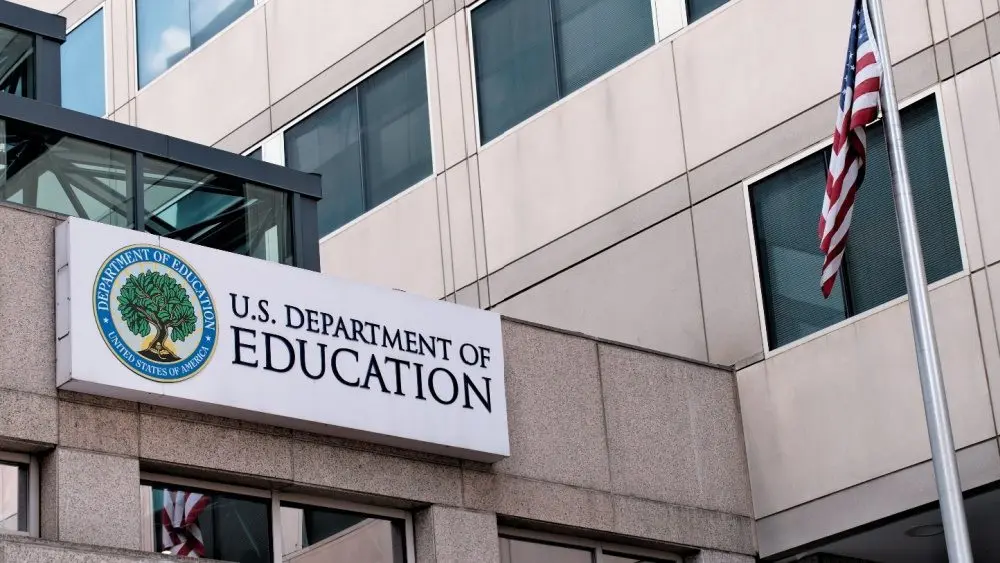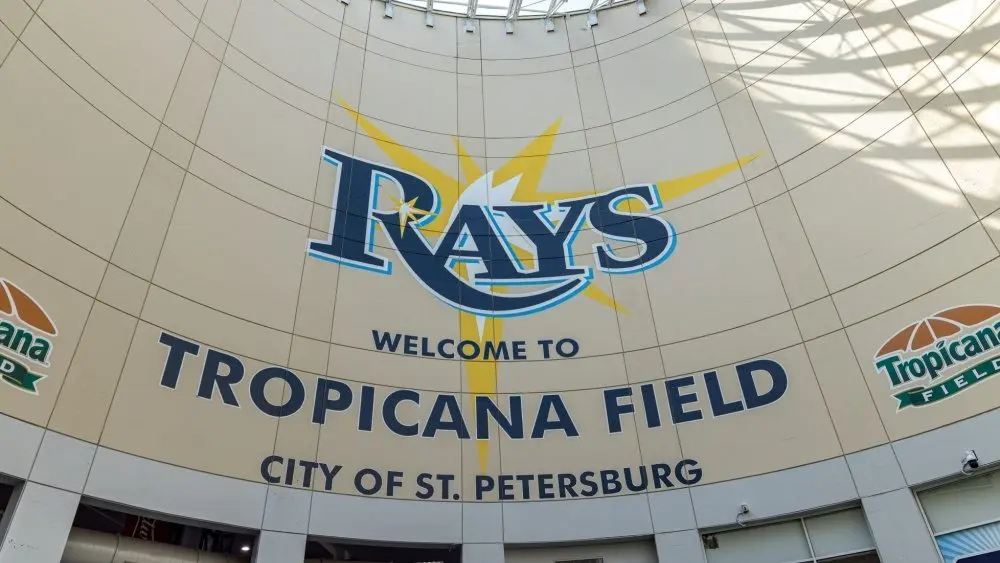
Mayor, Members of City Council Propose to Raise Minimum Wage for City Employees to $15
Sept. 3, 2021 – Mayor Alan Webber and City Councilors Signe Lindell, Roman Abeyta, and Carol Romero-Wirth will introduce a resolution to raise the minimum wage for City of Santa Fe employees from $12.32 to $15 an hour. Mayor Webber is directing staff to prepare a resolution to begin the process. City Council committees and the Governing Body will consider the resolution this month.
This change will help to ensure that City employees can live and work in Santa Fe and show our employees that we truly value their contributions to our community. City government leadership recognizes that City workers are its most valuable assets, and continues to take steps to retain and recruit capable employees.
Mayor Alan Webber says: “We believe in taking care of the workers who take care of the city – they should be able to raise families in the city where they work.”
Raising wages has broad implications not just for Santa Fe, but statewide and nationally, says the Mayor: “In addition to growing our economy and helping us attract new talent, wage increases can help reverse gender- and race-based inequities.”
“We’re part of a national conversation about what has to happen for working men and women in this country to make ends meet,” says Mayor Webber. “By taking a leadership role, we’re trying to set the standard for our community and the state of New Mexico.”
Councilor Signe Lindell says: “This is the right thing to do and the timing couldn’t be better. I hope we get it passed quickly and get the wages to the employees quickly. And I’m hopeful that other enterprises and businesses will follow our lead.”
Need to Know:
- With the beginning of the new FY22 budget, City employees recently gained the equivalent of a 4 percent increase in pay and benefits.
- These proposed budget amendments would raise the City staff minimum wage to $15/hour — more than double the federal minimum wage.
- Currently, the City pays its employees, including part-time and temporary employees, an hourly minimum wage of $12.32 per hour. The increase to $15 represents a $5,000 annual salary boost for a full-time employee making the current minimum.
- The proposed policy change would impact approximately 146 positions across nine City departments, and various job classifications such as parks maintenance workers as well as library technicians, cooks, and custodians. The policy would impact non-union, AFSCME and Fire unions.
- The workforce is also expanding in strategic ways: Many vacancies are being filled and new positions are being added in several departments to increase the City’s capacity to provide improved, modernized services to residents, visitors, and businesspeople.
The City is taking steps to attract and retain workers in an extremely competitive labor market here and across the country.
- Labor shortages are tapping the brakes on the economic recovery – we are taking proactive steps to remain an attractive employment option by increasing the minimum wage and continuing to enhance the robust benefits package.
- Employers like McDonald’s, Walgreens, CVS, and Walmart are taking steps to raise their minimums to $15/hour.
- The increase would make the City’s minimum hourly wage the highest among local governments. The State pays a minimum of $10.50, Albuquerque plans to raise its minimum to $11.50 in January, Santa Fe County recently raised its floor to $14 (and is considering another $1 increase).
- The increase is part of a broader effort to fill vacancies: for example, the City is aggressively recruiting lateral police officers by offering bonuses and other incentives.
- The City recently marketed itself as an attractive employer by holding a hiring fair.
- “We’re getting the word out that the City is a great place to work,” says Councilor Romero-Wirth.
This increase is consistent with Santa Fe’s previous actions to address competitiveness and reward workers as generously as possible given current budgetary capacity and careful economic projections:
- Transit Drivers: In 2018 the Governing Body approved an amendment to the agreement between the city and a local employee union that will allow for approximately $120,000 to be spent on a bus driver retention incentive program. The City administration and Transit Division and Local 3999 of the AFSCME worked together to address vacancy rates for transit, paratransit and transit shuttle operators.
- Police Officers: In 2019, the Webber administration re-opened the FY19 contract to negotiate with the POA to provide $600,000 in retention incentives.
- Previously during the Webber Administration, City AFSCME workers received four raises:
- a 2% raise in July 2018 and in 2019 an average of a 1% raise for equity pay;
- an average of an 8% raise, costing approximiately $2 million, as a result of a classification and compensation study for 290 AFSCME employees (43%) who were paid below the market level pay for their job classifications based on industry standards;
- and another 2% raise.
- The new FY22 budget also covers $2.3 million of increases in the cost of health care, with no added expense to employees. There’s also money dedicated to employee training, education, and safety equipment.
- The City implemented the recommendations of the December 2018 Classification and Compensation Study which brought every employee up to the new minimum of their respective job classes based on industry standards. For FY22 the City is investing $200 thousand for a new Classification and Compensation Study.
- The Budget Office calculates that the fiscal impact of this change for all filled positions below $15 per hour, including both salaries and salary-dependent benefits (such as employee retirement/PERA), to be approximately $215 thousand for the remainder of the current fiscal year and $300 thousand total impact next fiscal year.
Finance Committee Chair Roman “Tiger” Abeyta says: “We were conservative with the Fiscal Year 2021 budget because of the pandemic, but the Gross Receipts Taxes rebounded faster than we thought. Now we are reaping the benefits, and with the additional revenue resulting from the improved economy we can do things like this, which are a priority for the Mayor and the Finance Committee.”
Next steps to request approval and implementation of this policy change:
- A resolution will be introduced directing the City Manager to work with Staff to accomplish the changes.
- At least the following steps will be necessary:
- Budget amendments (BARs) for the budget increases in different departments, divisions, and funds;
- Committee and Governing Body consideration of the Resolution and BARs in September. Find the schedule of meetings here: Search – PrimeGov Portal
- Create and process personnel adjustment forms that will determine effective date of initiative.
Councilor Carol Romero-Wirth says she’s confident that the city will have the recurring revenues to support the added expense of the raises and those adjustments that could be forthcoming as a result of the new Classification and Compensation Study.
“This work is part of the ongoing professionalization of the City,” says Councilor Romero-Wirth. “We hope to get this resolution done by the end of the month, and that would be extraordinary.”





